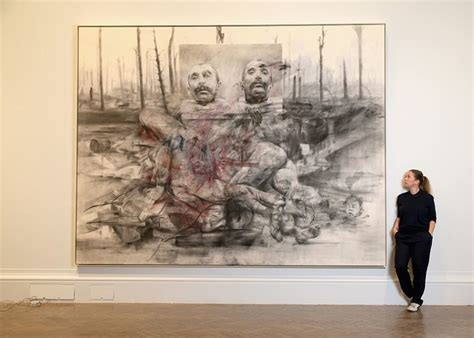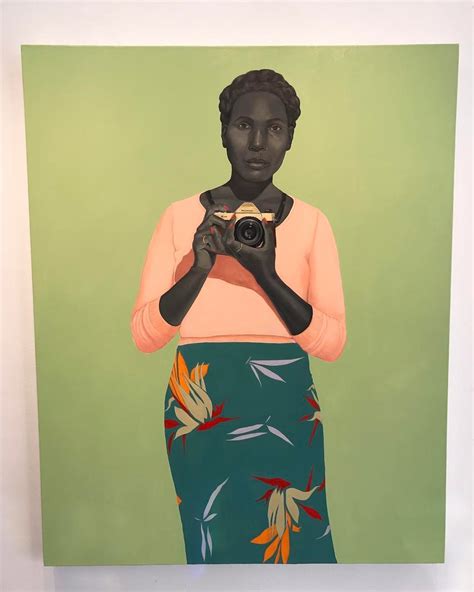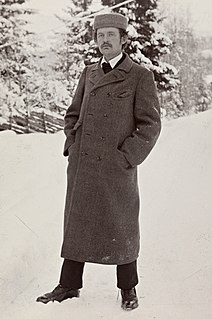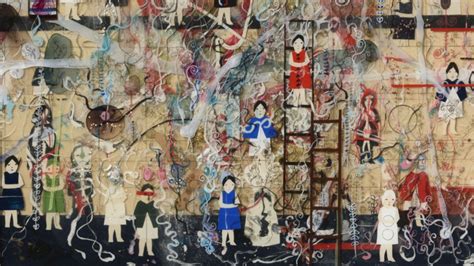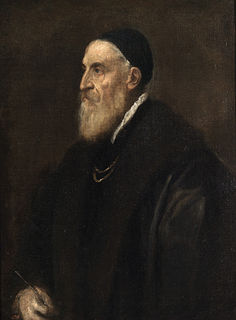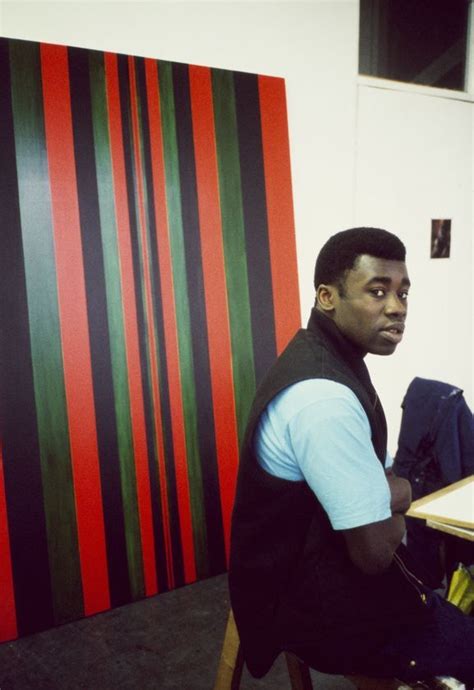A Quote by Marcel Duchamp
'Art or anti-art?' was the question I asked when I returned from Munich in 1912 and decided to abandon pure painting or painting for its own sake. I thought of introducing elements alien to painting as the only way out of a pictorial and chromatic dead end.
Related Quotes
I'm not anti conceptual art. I don't think painting must be revived, exactly. Art reflects life, and our lives are full of algorithms, so a lot of people are going to want to make art that's like an algorithm. But my language is painting, and painting is the opposite of that. There's something primal about it. It's innate, the need to make marks. That's why, when you're a child, you scribble.
When I am in a painting, I'm not aware of what I'm doing. It is only after a sort of 'get acquainted' period that I see what I have been about. I have no fears about making changes, destroying the image, etc, because the painting has a life of its own. I try to let it come through. It is only when I lose contact with the painting that the result is a mess. Otherwise there is pure harmony, an easy give and take, and the painting comes out well.
Not every painter has a gift for painting, in fact, many painters are disappointed when they meet with difficulties in art. Painting done under pressure by artists without the necessary talent can only give rise to formlessness, as painting is a profession that requires peace of mind. The painter must always seek the essence of things, always represent the essential characteristics and emotions of the person he is painting.
I feel like what's most important for painting - which has been hierarchically on the top for a really long time in terms of what is considered fine art, by comparison with something like a comic book or what's considered low art - is that painting should open up laterally to include other cultures and things that don't immediately resonate as a painting but are obviously of equal contribution to the genre.
When I was painting in art school - and I think many painters in the 1980s worked similarly - a finished painting would often be constructed from lots of other paintings underneath. Some of these individual layers of painting were better than others, but that was something that you would often only realise retrospectively.

